Chico State Recognizes 2022–23 Outstanding Faculty
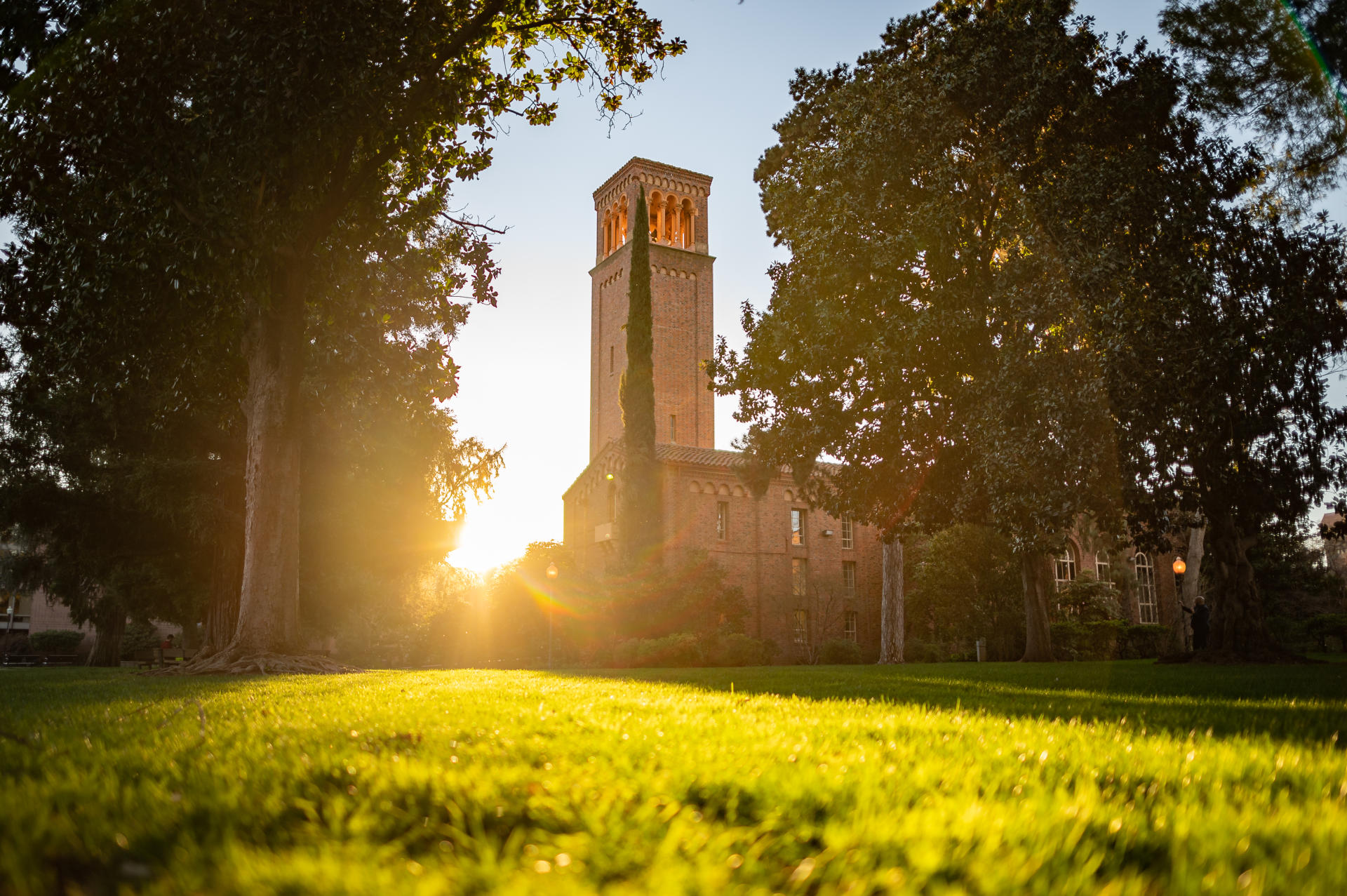
Eight California State University, Chico faculty members have been recently recognized with 2022–23 Outstanding Faculty Awards, selected by the University’s Faculty Recognition and Support Committee.
These awards—among the highest at Chico State—celebrate faculty excellence in the categories of Outstanding Professor, Teacher, Academic Advisor, Research Mentor, Faculty Service, Lecturer, Lecturer in Bringing the Profession to the Classroom, and Early Career Faculty.
Every one of these recipients learned they were being recognized during surprise visits this spring from Chico State President Gayle Hutchinson, her Cabinet, and colleagues within their respective colleges.
“This year’s exceptional honorees exemplify our University commitments to transformative experiences, academic distinction, and prominent scholarship and innovation,” Hutchinson said. “Their work inside and outside the classroom, their scholarly and creative activities, and meaningful service inspire our students and transform our world. I congratulate the awardees and thank them for helping to advance Chico State on its path to prominence.”
Outstanding Academic Advisor Award
Michelle McConkey
It is not uncommon to hear students cheerfully yell, “Hi, McConkey!” as they pass by Professor Michelle McConkey’s office in the Performing Arts Center. Her door is typically left open to welcome music education students who want to chat or seek her advice.
Described as a meticulous advisor and stalwart advocate for her students, McConkey has helped aspiring music educators navigate an overhaul of the music education program. The program underwent a review in the past few years, and McConkey proactively created tools to help students have a seamless transition, including designing a detailed course enrollment guide they can follow.
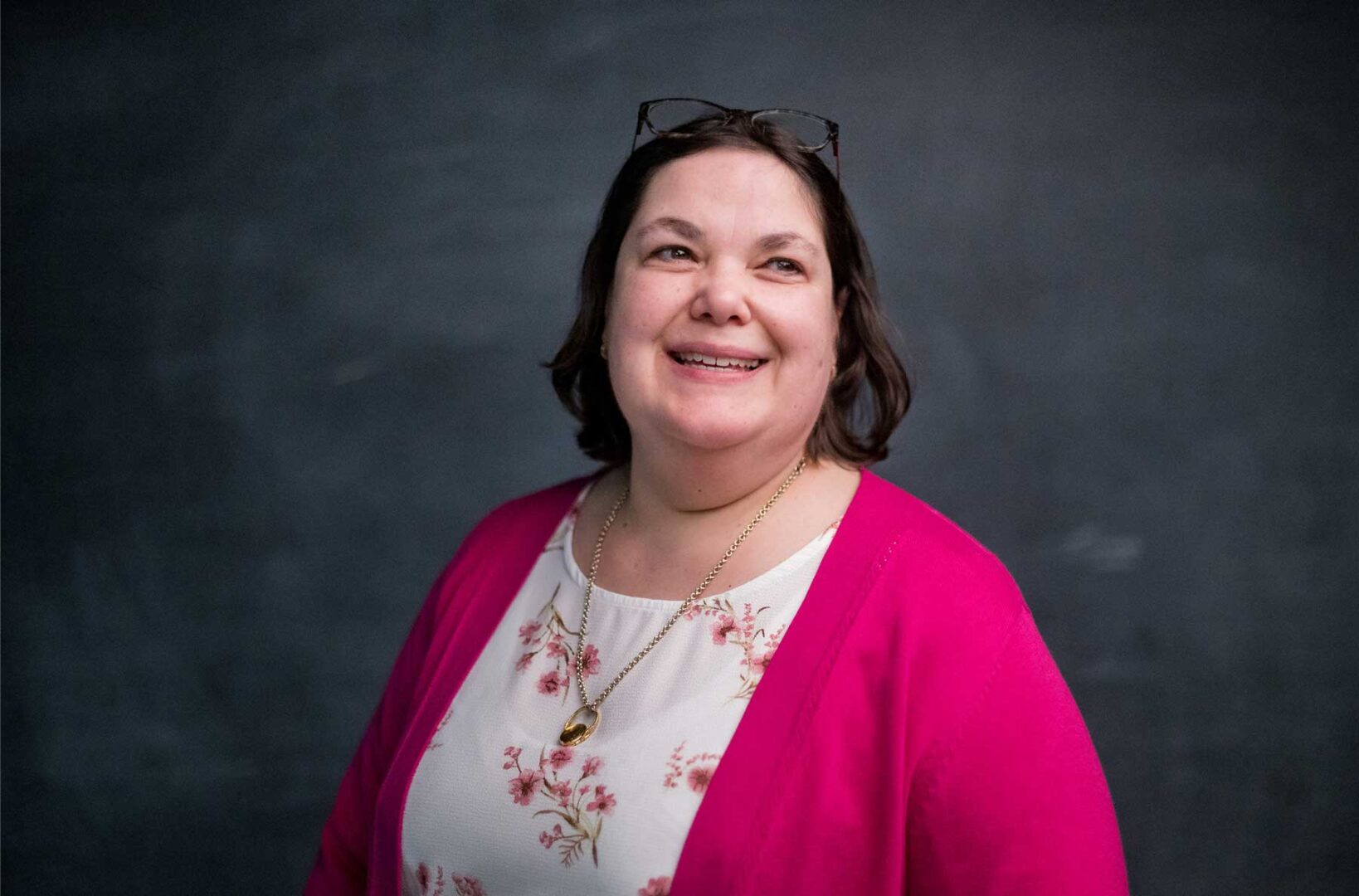
Her efforts go well beyond the requirements of her role. She often collaborates with colleagues across roles, titles, and divisions on behalf of her advisees. McConkey is also committed to building community through music education and leverages her connections in local schools to help credential-aspiring students build their networks and find opportunities.
Effortlessly welcoming, McConkey shows deep care for her students’ well-being beyond academics. She checks in with students to ensure they are supported in every way possible and invests time in getting to know each student to learn how to meet their needs. She exudes an approachable demeanor that creates a safe, relaxed, and caring learning environment.
“Advising for me is more than helping students find the classes they need. It’s about building relationships. It gives me a chance to regularly, and continually, check in on my students one on one,” McConkey said. “I want to be able to celebrate their victories, hand them a tissue when life is hard, and give encouragement when they become anxious or are unsure of themselves. As the adviser for the student chapter of the National Association for Music Education, I also encourage building relationships with their peers. Because sometimes what we need to be resilient individuals are laughs, compassion, understanding, and comradery.”
McConkey also serves as an advisor for the National Association for Music Education, Chico Chapter, and represents the Chico State Music Education Department in the California Music Educators Association Northern Section Board.
She holds a bachelor’s degree in music from the State University of New York, a master’s in music from Brigham Young University, and a doctorate in musical arts from Arizona State University. She has been an associate professor of music education at Chico State since 2009 and a music instructor for the Children’s Choir of Chico for six years.
Outstanding Early Career Award
Amy Magnus
Whether in her dedication to student success, her passion for community-engaged scholarship around rural inequality and justice, and her tireless work in the Office of Civic Engagement (OCE), Amy Magnus has made quite an impression in her three short years at Chico State.
Since joining the faculty in fall 2020, she has immersed herself into the Department of Political Science and OCE and University endeavors to connect with rural counterparts across the North State service region and best serve students. Most recently, her service has supported an increase rates of student voting on campus and building partnerships between students, faculty, schools, nonprofits, and other entities in Chico State’s 12-county service region. And in fall 2022, she helped secure a nearly $25,000 grant from the Network of the National Library of Medicine to train Northern California community health navigators to expand access to health information tools.
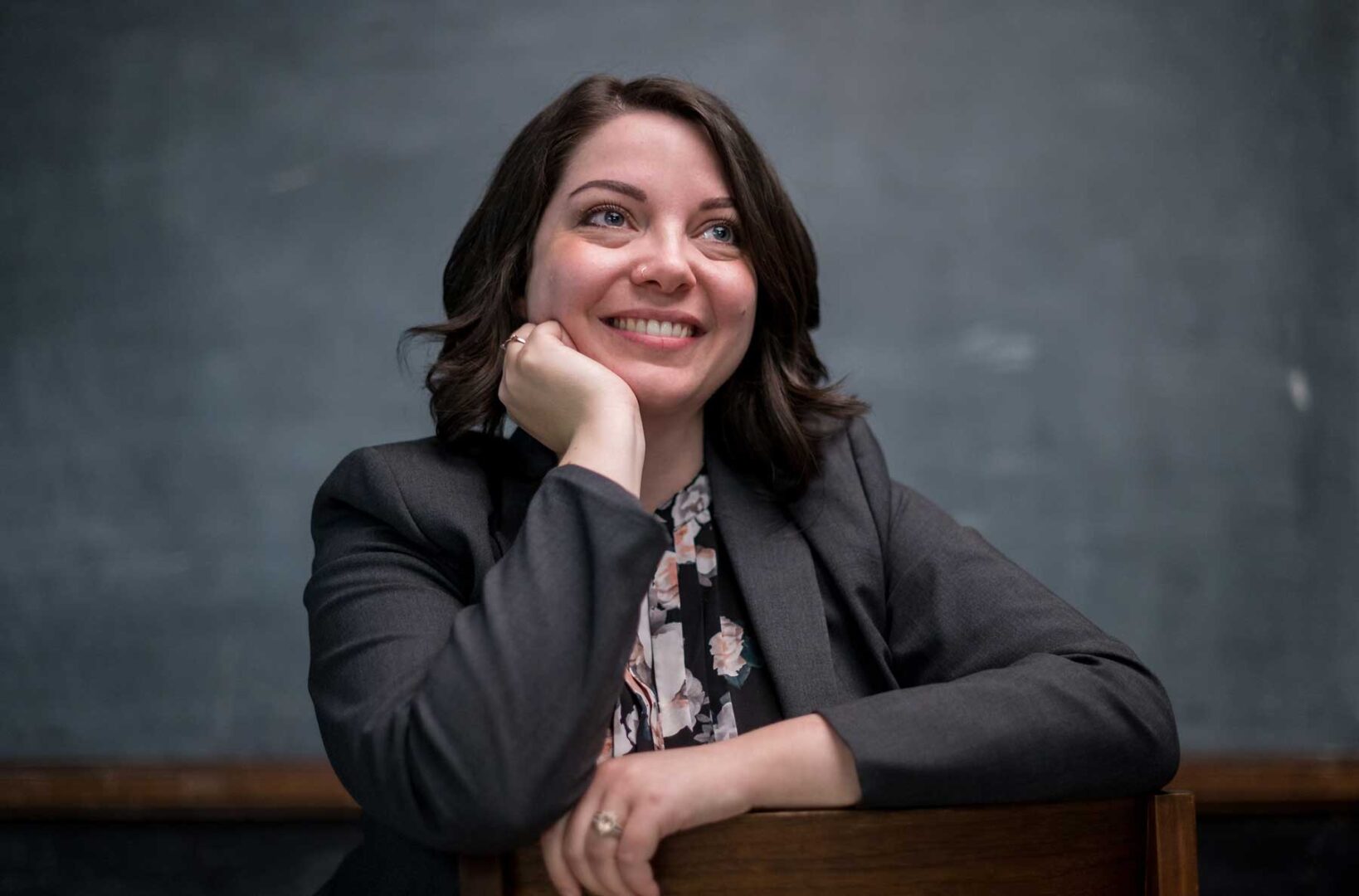
A first-generation college graduate, Magnus is dedicated to ensuring the success of her students with similar stories and aspirations. She built a system to mentor students through the Rural Inequality Research Lab and has mentored five research students, all of whom are first-gen or URM students. Her mentees are true collaborators in her scholarly activities, and other students express sincere appreciation for her caring and supportive nature, her flexible availability, and for creating a comfortable yet intellectually challenging learning environment.
“I learn so much from my students every day. I want them to harness their passions and wisdom in their educational journey and, when they enter the workforce or whatever path they end up taking, to know that they have voice, they have power, and they have agency. In criminal justice, we talk about change and social justice, and I hope to instill in them that one person can make a huge difference—in individual lives and in a system,” she said.
Her scholarship, too, is focused on equity, as she explores the intersectionality of race, class, and homelessness in rural areas, as well as the experiences of survivors of domestic violence in rural criminal justice systems. In addition to numerous peer-reviewed and other publications, an upcoming book, and presentations at national, state, and regional conferences, she collaborates with community partners and disseminates her research in public, non-academic forums to have broader societal impact.
Magnus has taught at Chico State since 2020. She has a bachelor’s degree in psychology from University of Nevada, Las Vegas; a master’s degree in criminal justice from UNLV; and a PhD in criminology, law and society from University of California, Irvine with emphases in race and justice and law, society, and culture.
Outstanding Lecturer Award
Rodney Thomson
Rodney Thomson’s innovative and captivating approach to teaching history has drawn the admiration of colleagues and the attention of students.
Despite no expectations of research from a part-time faculty, he embraces the University’s teacher-scholar model. His passion for research makes his courses rich. Thomson’s teachings on various subjects are thoroughly informed and focused on the important themes of social justice and equity, allowing students to make a more accurate sense of historical and political developments.
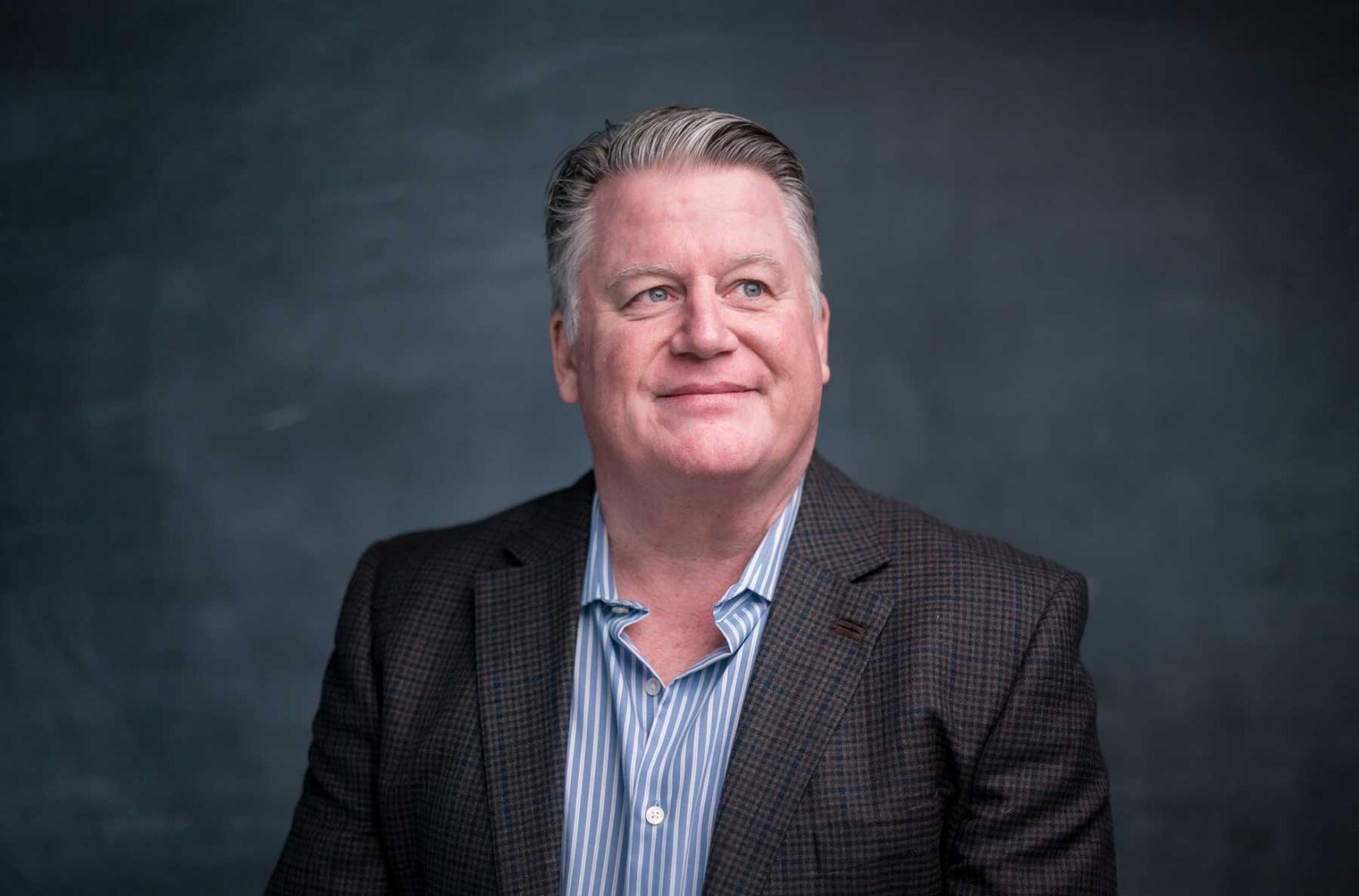
Inquisitive and kind, Thomson has a knack for engaging students and making complex topics accessible. He has designed and redesigned his “United States History” class, which all undergraduates must take, with student success in mind. As a result, his lectures are compelling and lively and help students develop a toolkit of skills they can use in other classes. Thomson also teaches “Food in World History,” which has become a popular general education course, in part because Thomson serves homemade dishes based on recipes from around the world.
Although he has many students, he never fails to give individual attention to each one. Thomson offers constant feedback and provides students with thoughtful remarks and encouragement even on the smallest writing assignments. He is an excellent instructor who goes beyond a lecture’s call of duty in so many ways. Along with his impressive teaching and high-quality research, he is gracious, proactive, and down to earth.
“When I returned to college in my forties, I decided the greatest contribution I can make is to help students succeed, and the best way to accomplish that is to treat them as individuals with their own abilities and challenges,” Thomson said. “That approach requires a lot of flexibility and compassion. It usually creates more work for me, but the results are worth it.”
Thomson also is essential in the success of the department’s History Writing Cooperative (HWC), which supports students in their writing and research projects. As HWC director since 2018, he oversees the management, training and supervising of tutors, and tutors students himself when times are busy.
Thomson earned his BA and MA in history from Chico State in 2014 and 2017, respectively. He joined the history department as a lecturer in 2017. He also assists the Butte County Historical Society and serves as president of the Chico Heritage Association.
Outstanding Lecturer in Bringing the Profession to the Classroom
Marci Pope
Marci Pope understands the importance of play. From the time we’re old enough to play peek-a-boo, games help us learn, connect with other people, and laugh. And so often, laughter and connection are the results of play—particularly when everyone is included.
In her 18th year at Chico State, Pope brings radical inclusion to her work in adapted physical activity and physical education in the Department of Kinesiology. Described by her colleagues as a consummate teacher and student advocate, her vision for a more equitable future is grounded by day-to-day experiences by including each and every person, particularly children and adults who might be otherwise sit on the sidelines of any type of play or game. For example, she oversees the Beyond Exercise: Wellness Enhancement for Life (BE:WEL), a service-learning opportunity that provides students the opportunity to craft and deliver customized exercise programs for adults in our community with disabilities.
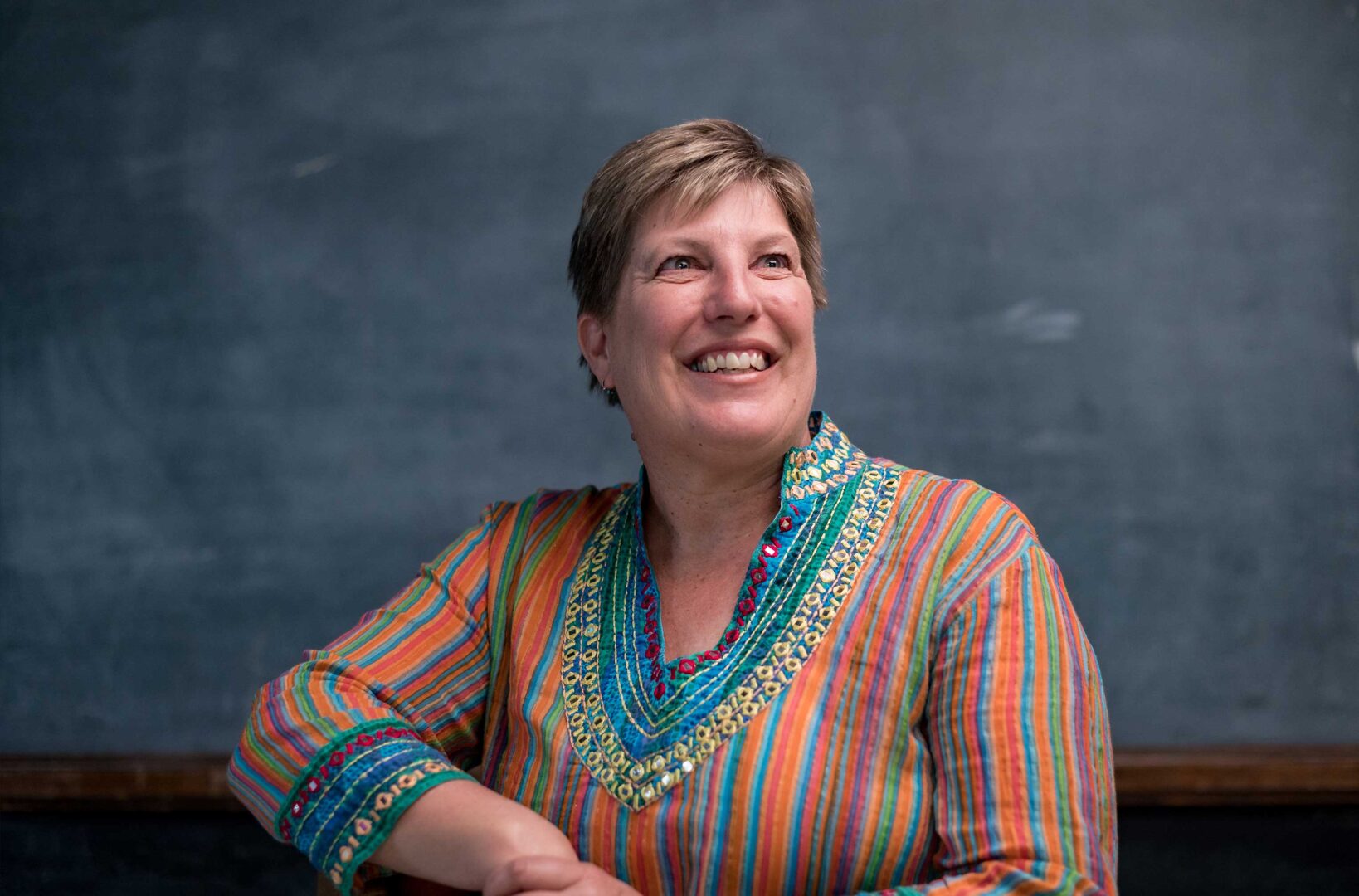
As a leader in her department, Pope has proven herself willing and ready to dig into any task or initiative in the name of service—whether this means managing projects, providing international trainings, or presenting at events. Outside of teacher and her role as an advisor, Pope has been the chair of the State Council for Adapted Physical Education, has chaired the National Adapted Physical Education conference on multiple occasions, and has advocated for inclusive physical education in Washington, DC.
Pope said it is rewarding to see her students assume leadership roles in the field, essentially leading play, at the state and national levels—in order to accomplish that, she works hard to get her students work-ready.
“Having quality people in the field of Adapted Physical Education is important,” she said. “I want our future professionals to understand the field they are heading into, who their collaborative professional partners are, and feel they have sufficient background knowledge for their questions.”
Pope has presented or co-presented in more than 35 local, state, national, or international conferences. She is a proud Wildcat, having earned her bachelor’s degree and teaching credential in physical education and her master’s degree in kinesiology from Chico State.
Outstanding Research Mentor Award
Carly Whelan
Carly Whelan helps students. It may be too simple a description, but it’s what the professor of anthropology is committed to. Her actions bear it out. She helps students publish papers, attend conferences, find ways to research in the field, and win grants. She helps foster inclusivity for women in a field historically dominated by men. She helps nontraditional and struggling students find ways to engage academically. She helps her students by living out Chico State’s enduring commitments—academic distinction, transformative student experience, prominent scholarship and innovation, and a culture of excellence and accountability.
Whelan’s students have the hardware to prove it. Propelled by her guidance, four students have earned awards from the Society of California Archeology—the premier professional organization for archaeologists in the state. Three won Student Paper Awards and another the Student Poster Award. Two more have earned Chico State Student Awards for Research and Creativity, and another a University Foundation Board of Governor’s Award. The list goes on.
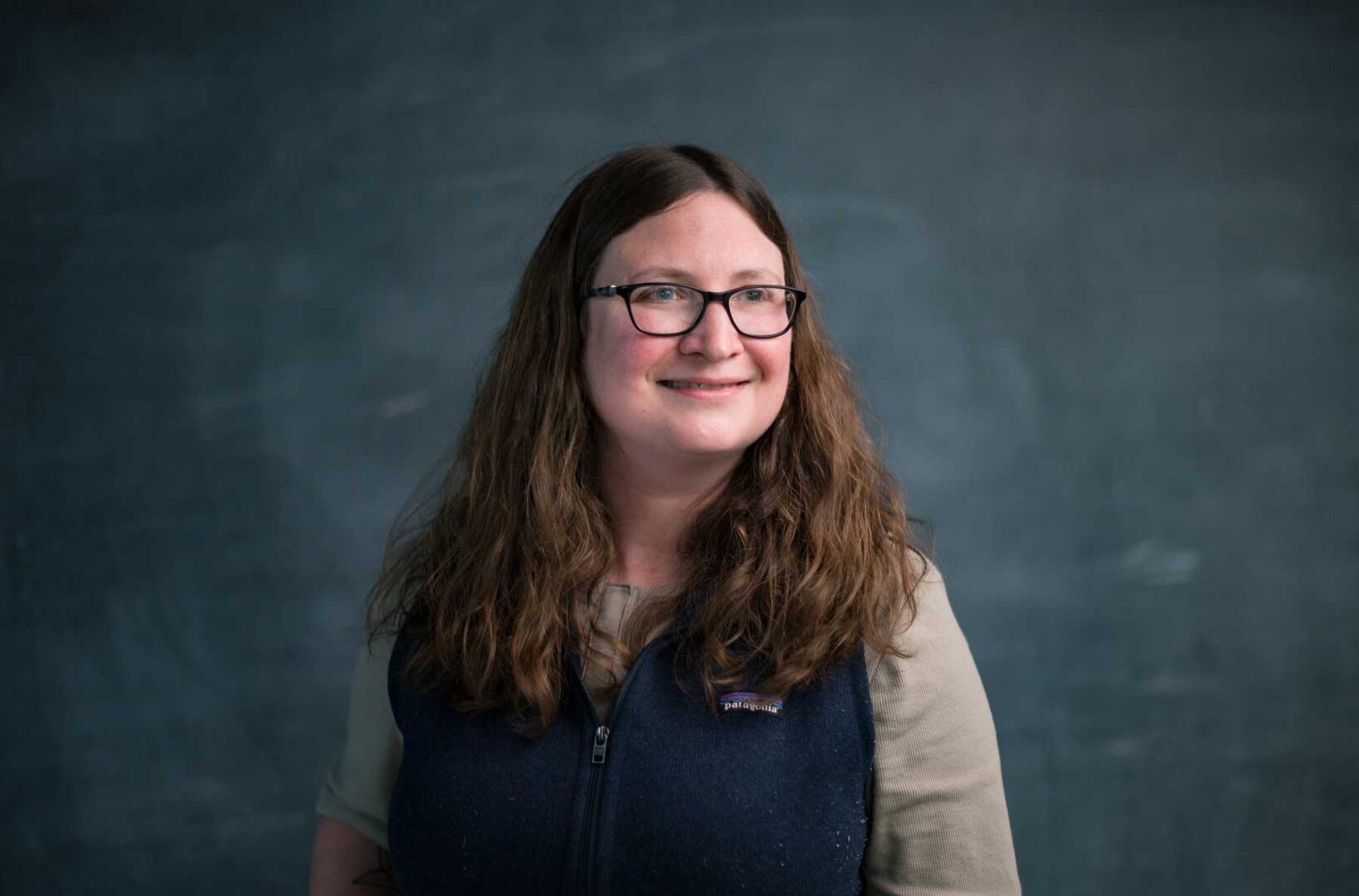
But it isn’t only the award winners who benefit from Whelan’s mentorship. The story of one student who was struggling is a particularly powerful example. Even in his struggles, Professor Whelan recognized his skills, interests, and potential. She provided him grant money and the opportunity to collect obsidian samples from all over the state that he and other students used to help build a reference library of California obsidian sources, allowing them to map the movement of people in prehistory.
Whelan’s tireless efforts seeking grant opportunities for both graduate and undergraduate students have helped create life-changing opportunities and relationships for them. They’ve also caught the eye of her colleagues, who have seen the difference she is making in students’ lives and are looking for ways that they can follow suit. By helping students, she’s also helping her colleagues and the University learn the power of doing the same.
It’s all in a day’s work for Whelan.
“I want all of my students to have the experience they need to be able to get jobs or go into a master’s program, or whatever it is they want to do,” Whelan said. “I want them to feel confident in themselves and know they are capable of more than they realize. Carrying out an experiment on their own gives them confidence to explore whatever interests them.”
Whelan holds a bachelor’s degree in anthropology from the University of Texas at Austin and a doctorate of anthropology from the University of California at Davis. She has been part of the Department of Anthropology since 2016.
Outstanding Faculty Service Award
Patrick Johnson
Patrick Johnson didn’t just leave Chico State’s Institutional Review Board for human subject research better than when he found it. He led a complete overhaul of the program—making it more accessible for students and bringing the University into compliance in this vital area of academia. A professor of psychology, Johnson chaired the IRB from 2019–2022, overseeing its transition to Chico State Enterprises and the change of its application system to an online platform while implementing and enforcing new and improved campus policies that strengthened the human subjects research process.
And he did it all while fulfilling the role he originally set out to complete by reviewing virtually all human subject research applications for Chico State—numbering more than 150 per year.
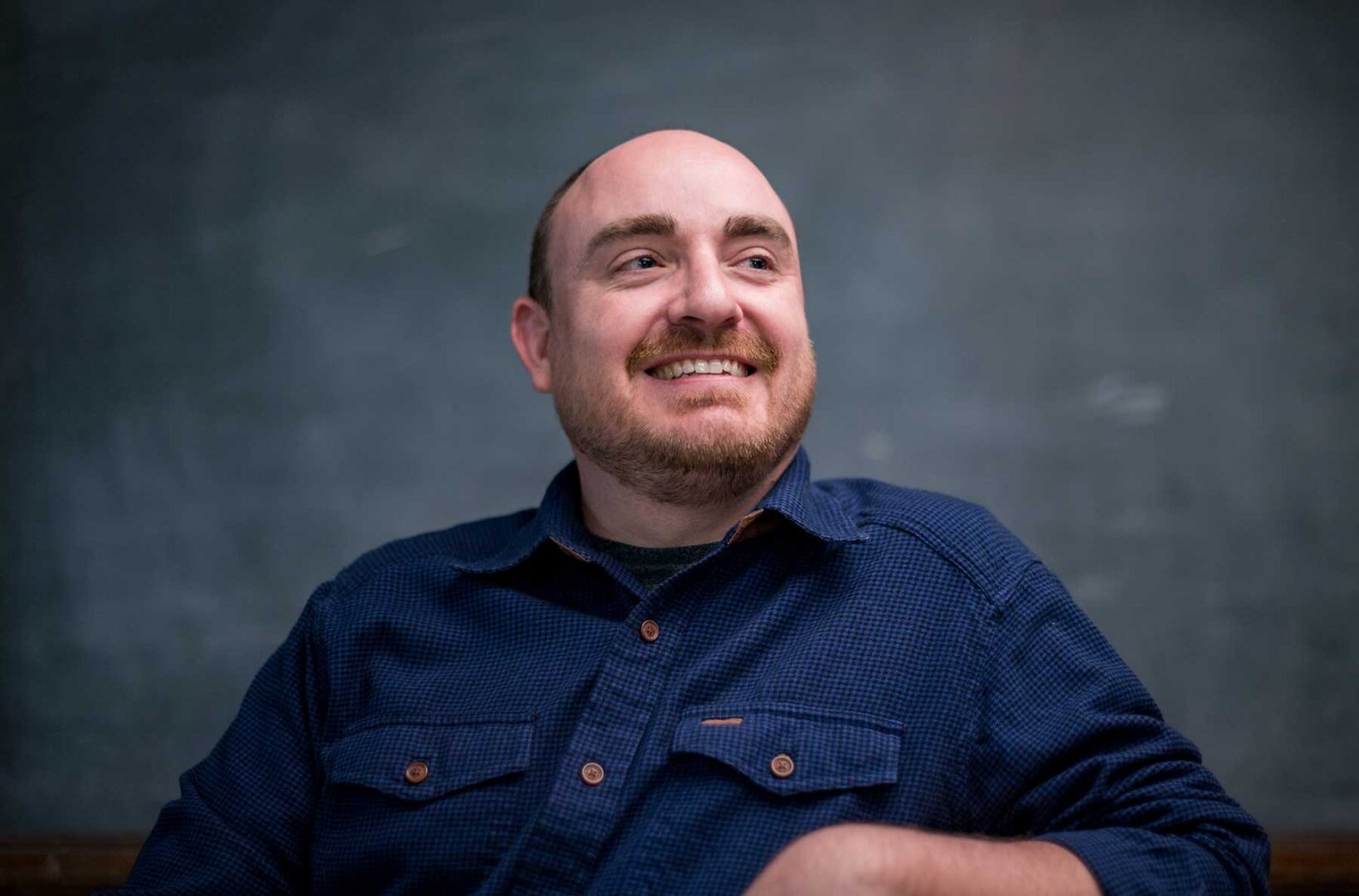
This Herculean effort was not out of character. Johnson endeavors to make a lasting impact in all he does. And he does a lot. Besides chairing the IRB, he also chaired the Institutional Animal Care and Use Committee and Institutional Biosafety Committee while serving as the College of Behavioral and Social Sciences representative to the Outstanding Thesis and Project Committee and Internal Research Grants Committee. Within the Psychology Department, he is the coordinator for the Psychology MA (Option in Psychological Science) program and a major advisor to first-year and transfer students. Additionally, Johnson mentors undergraduate and graduate students in his Behavioral Economics laboratory and is the administrator for software used in psychology research and participant recruitment.
This list of work Johnson has done to contribute to the University in ways that align with the Strategic Plan to advance inquiry, innovation, and experiential learning goes on and on. His colleagues champion him as thoughtful, responsive, and helpful, while noting that three people currently fill roles he was handling by himself not long ago.
Johnson is awed by and grateful for this recognition. But he sees it as part of his role.
“Everything we do is service as far as I’m concerned. When you’re teaching you are of service to the students. When you’re doing research, you are of service to your colleagues in the field. Service is all-encompassing,” Johnson said. “It’s common for faculty to do any number of things without recognition or the thought that someday you will be recognized for your extra work. So, it was an incredible, overwhelming moment I experienced on Friday.”
Johnson holds a bachelor’s degree in psychology from the University of Florida, a master’s degree in applied behavioral science from the University of Kansas, and a doctorate of psychology from Utah State University. He was a postdoctoral fellow at the Johns Hopkins University School of Medicine prior to joining the Psychology Department at Chico State, where he has been since 2015.
Outstanding Professor Award
Kevin Buffardi
In and out of the classroom, Professor Kevin Buffardi is constantly working to make the field of computer science more accessible to students, teachers, and members of the community—especially groups of people who have been historically overlooked by the industry.
As a prolific researcher and a dedicated teacher, Buffardi understands the long-term importance of creating a diverse workforce of coders and engineers who can build solutions to society’s most pressing needs. His passion for coding inclusivity drove him to become the principal investigator for the Coding Community grant by the California Education Learning Labs, a collaboration between Chico State and California, Santa Barbara that teaches coding skills in contexts that are relevant to the experiences of historically marginalized students.
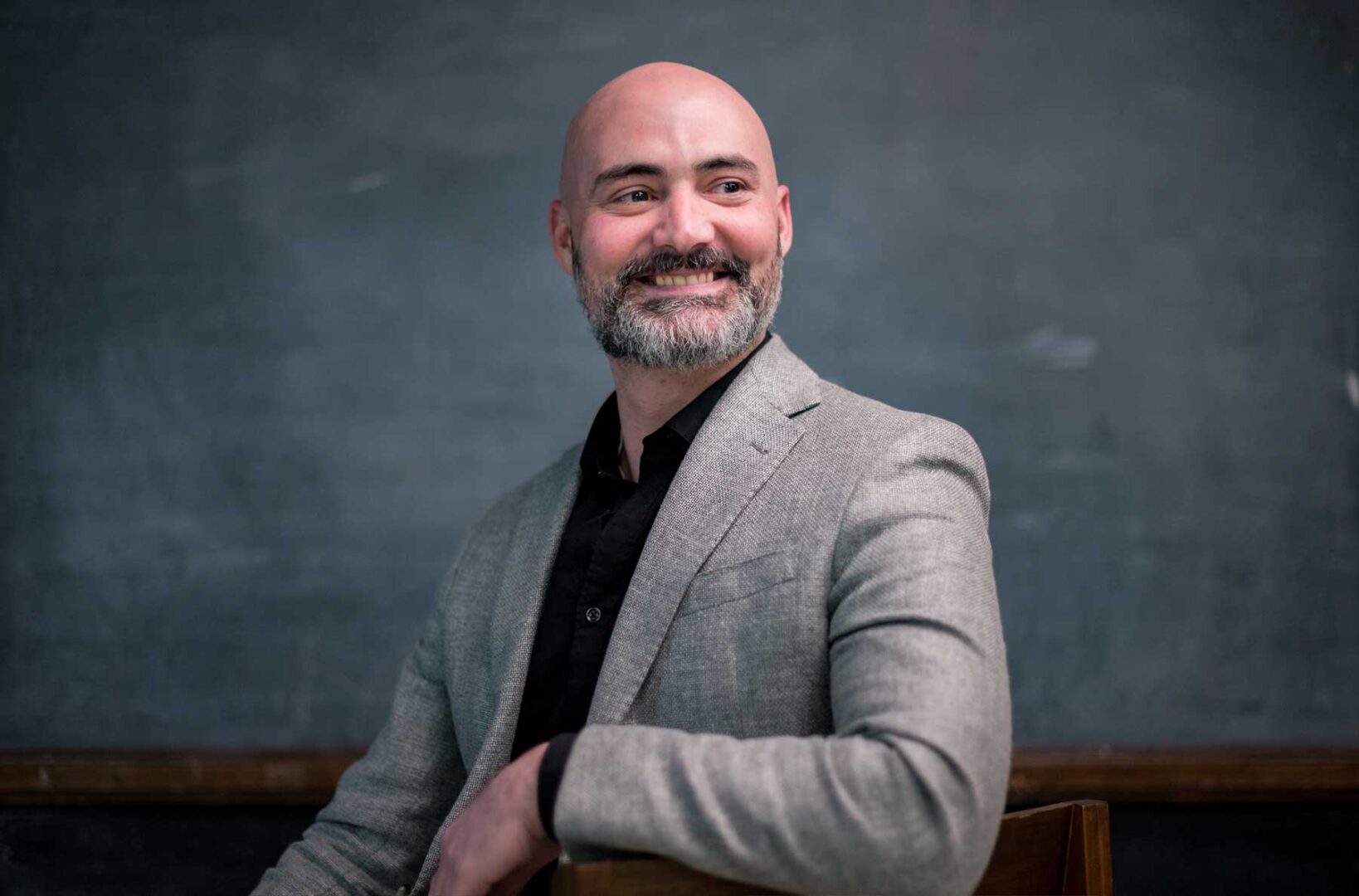
“I was blessed with parents who were teachers—they empowered my insatiable curiosity from an early age and modeled the patience and empathy essential to teaching. However, my students are my true inspiration,” said Buffardi. “Many students will be the first in their families to graduate college and overcome obstacles I never had to face. Even so, they leverage their unique experiences to offer new insights into the exciting and evolving field of Computer Science. My students and colleagues challenge me to dedicate myself to the continuous improvement of Computer Science education and innovation.”
In the classroom, Buffardi has been highly effective in using his industry knowledge to create real-world learning opportunities for studies. This is exemplified by the Chico Open Source Consortium, a program he helped found that brings students and local businesses together to work on projects.
Since joining Chico State, Buffardi has published 27 peer reviewed papers, received $104,000 in external funds and $79,000 in internal funds, and is senior personnel on a $2 million National Science Foundation Hispanic-Serving Institutions program grant. Buffardi has also mentored 17 research assistants and has devoted himself to supporting students through the MESA Engineering Program and Chico STEM Connections Collaborative Summer Undergraduate Research Program.
He has channeled his experience and passion into programs that give back to the community. Another great example of his service-oriented approach is the Computer Science Supplementary Authorization Program, a program that allows credentialed K–12 teachers to complete the coursework necessary to teach computer science at their schools. Buffardi led the development of a five-course curriculum and has taught several of the courses himself, in addition to managing the program.
Baffardi holds a bachelor’s degree in computer science from the University of Mary Washington, a master’s in human-computer interaction from DePaul University, and a PhD in computer science from Virginia Tech. Prior to joining Chico State in 2014, Buffardi spent a decade in software research and development with a focus on usability.
Outstanding Teacher Award
Kat Strand
A truly outstanding teacher can have a transformative effect on students. Kat Strand is one of those teachers. As assistant professor in the Mathematics and Statistics Department she has provided life-changing experiences for everyone who comes through her classroom, instilling in her students a love and passion for math and the resilience to keep trying even when things get tough.
Strand’s focus is elementary teacher education and professional development, and she works tirelessly in support of future and practicing teachers and the programs that support their growth. Students describe her courses as “rigorous but fair” and have shared that the combination of theory and practice makes her classes amazing while giving them self-confidence and success with math for the perhaps the first time.
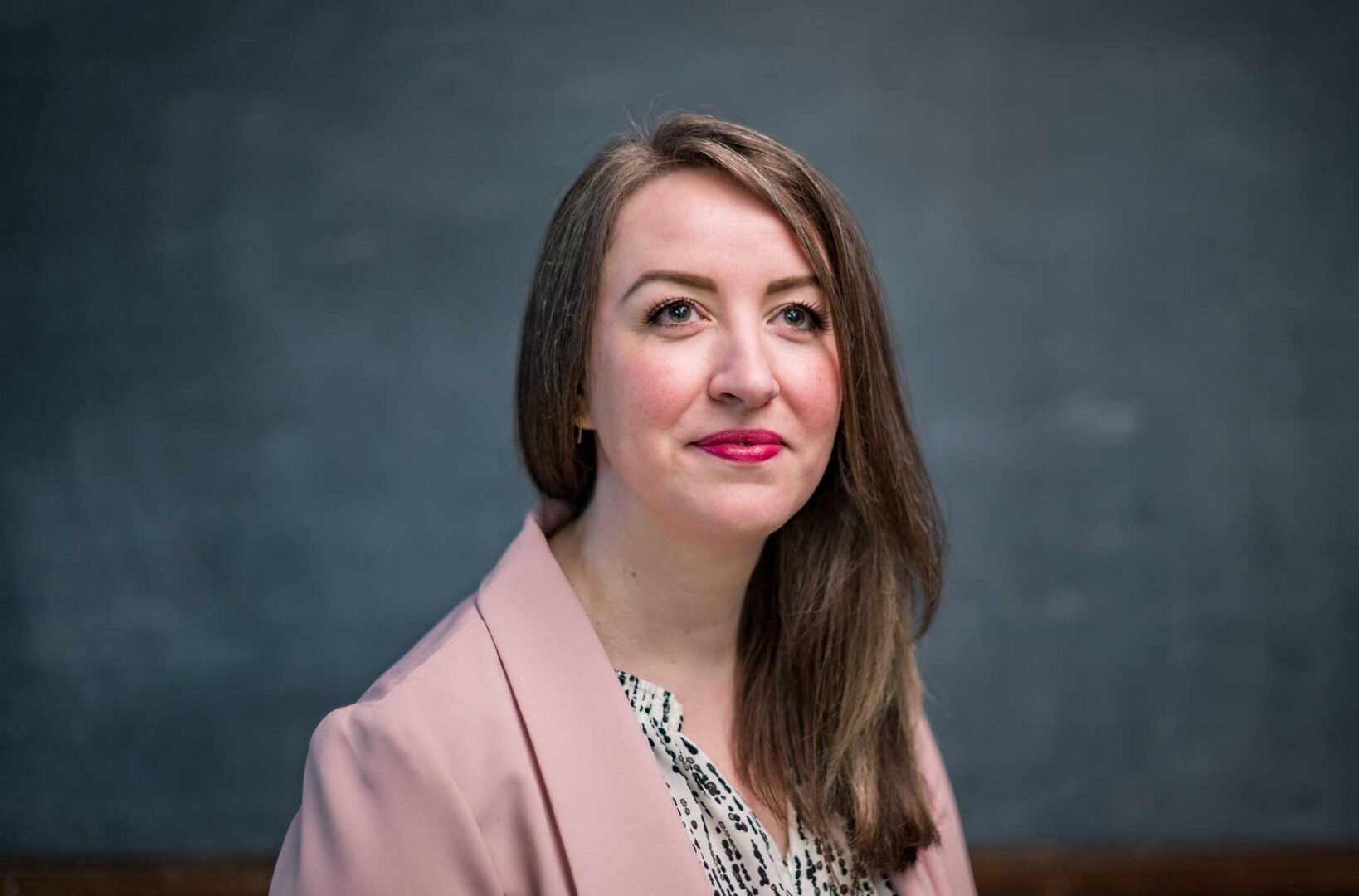
Lauded for her wit and wisdom, Strand is creative in her approach. Rather than rely on lecture, she focuses on improving the understanding of concepts during class with activities that allow students to communicate with each other and learn together. She cares deeply not only about her students’ learning but about their personal lives and mental well-being, and she creates a welcoming learning environment in which all students feel accepted and encouraged, regardless of varying backgrounds, circumstances, and learning differences.
“My focus is on helping students feel like they can bring their whole selves—exactly who they are— to my classroom, as they discover their own deep capacity to reason, think critically, and communicate and solve problems while in community with each other,” said Strand.
Strand’s contributions to the department are many: she has helped reinvigorate the Hands-On Math Lab and contributed to the development of the math education minor, and she has facilitated multiple grant projects resulting in more than $500,000 in funds—all this on top of teaching and advising her students.
Strand holds a bachelor’s degree in mathematics and psychology from the University of Oregon, Clarks Honors College; a mathematics master of science for teachers and a PhD in mathematics from Portland State University; and an Oregon K–12 teaching credential in foundational mathematics. She has been teaching at Chico State since 2017.
* All photos Jason Halley/ University Photographer


